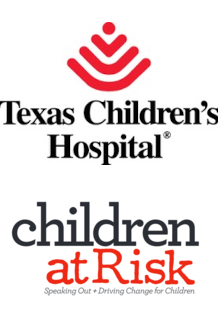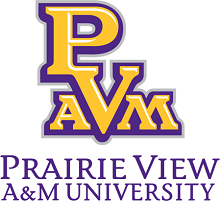Abstract
This editorial provides an overview of how the articles in this issue contextualize the wide-range of perceptions and practices that support (and sometimes undermine) family strengths. Data on the challenges facing today’s families are presented.
Author Biography
Dr. William Flores is the president of the University of Houston-Downtown. He leads one of Texas’ fastest growing universities. UHD is a diverse, four-year, public university located in the heart of the nation’s fourth largest city. It is one of the most diverse institutions in the nation and is both a federally designated Hispanic Serving Institution and Minority Serving Institution and serves many first-generation college students.
Prior to joining UHD, Dr. Flores served as Deputy Secretary for the New Mexico Higher Education Department. He was appointed to the post by New Mexico Governor Bill Richardson in May of 2007. Gov. Richardson has described Dr. Flores as “one of the great educators not just in New Mexico but around the country.
Hispanic Business Magazine named him as one of the 100 most influential Hispanics in the country for his service to education. In November 2009, the Hispanic Association of Colleges and Universities tapped him for its national governing board. He also serves on the regional advisory board of the College Board which administers the SAT exam.
From 2001 to 2007, Dr. Flores served as Executive Vice President and Provost of New Mexico State University. In 2003, he served as Interim President for one year. During Dr. Flores’ tenure as provost, the university increased student enrollment; expanded distance education programs, including online degrees; opened a center in Albuquerque; and dramatically increased fundraising.
Before that, he served as Dean of the College of Social and Behavioral Sciences at Cal State Northridge and, earlier, as associate dean of School of Social Sciences at Fresno State. Dr. Flores taught at Cal State Fresno, Santa Clara University and Stanford University where he also served as Associate Director of the Inter-University Program for Latino Research. He has extensive service in community-based agencies, including as Executive Director of the Gardner Community Health Center in San Jose. He co-edited the book, Latino Cultural Citizenship.
Born in San Diego, Dr. Flores attended the University of California in Los Angeles where he graduated with a Bachelor of Arts in Political Science in 1970. He received his Master of Arts in Political Science from Stanford University in 1971 and his PhD in 1987 also from Stanford University in Social Theory and Public Policy. He has been a Ford Foundation fellow, a Compton-Danforth fellow, and a Rockefeller senior fellow in the Humanities.
Dr. Flores served as a member of the Education Advisory Board of the ACT and on the Assessment Advisory Board of Achieve, Inc. He co-led the New Mexico team for the national College and Career Readiness Policy Institute.
He is active nationally in several higher education organizations, including the American Council for Education where he served on the Internationalization Council; the American Association of State Colleges and University, the American Council of Colleges and Universities; and served on the Executive Committee and chaired the Economics of Higher Education Committee of the Academic Affairs Council, of the APLU.
Dr. Flores served as a director of the El Paso Branch of the Federal Reserve Bank of Dallas from 2002-2008.
Dr. Flores received the prestigious New Mexico Distinguished Public Service Award in 2005 and was selected as a “New Mexico Power Broker” by New Mexico Business Magazine in both 2004 and 2006. Dr. Flores is recognized in Who’s Who in the World, Who’s Who in America, Who’s Who in Hispanic America, and the America’s Registry of Outstanding Professionals. He writes a blog on higher education issues, View from the Bayou and has been featured in Hispanic Outlook, Campus Today, and several other higher education publications. He is regularly invited to speak at national conferences on higher education and 21st Century Learning.
Recommended Citation
Flores, William B.
(2011)
"Strengthening and Preserving Family is Essential to America's Future,"
Journal of Family Strengths: Vol. 11:
Iss.
1, Article 2.
DOI: https://doi.org/10.58464/2168-670X.1035
Available at:
https://digitalcommons.library.tmc.edu/jfs/vol11/iss1/2


